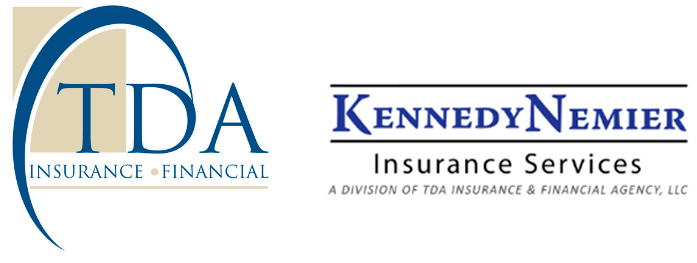*All workers compensation policy and most General Liabilities are annually auditable. If you keep good records and provide the appropriate audit information this process will go smoothly. Contrarily, if the data you provide the insurance company is not detailed and organized you may not get the result you are looking for. Below are a few tips to make the process go smoothly.

- If you utilize a payroll processing provide, most payroll companies can set up and provide a work comp audit report that can be run on demand for you at audit time. This typically requires you to provide a work comp class code for each employee and the system will track the payroll associated with that employee and total the report by class code. We recommend you contact your provider and request his report be set up.
- Keep in mind in most cases if an employee completes two different job responsibilities, unless the hours and payroll are tracked separately and documented, the rules require that the employee be placed in the higher rated class code. So, if you have employees that fall into two different class codes, set up a tracking system to track hours and payroll by class code for that employee.
- When a manager or owner provides supervision of an employee in a certain class code, the supervisor by rule is typically assigned to the same class code as the employee they are supervising. If they supervise more than one employee in different classifications, they will be assigned to the higher rated class code. If there is extenuating circumstances where the manager or supervisor is strictly a desk employee, that will need to be discussed with the auditor to resolve.
- Shift/Overtime Premiums (time and a half or double time), need to be tracked separately. The base pay for overtime is included in compensation for the employee, but the shift premiums are removed.
- If you outsource any work to 1099/Independent Contractors, these employees will be included in your payroll totals unless you have a valid Certificate of Insurance showing that they have General Liability and Workers Compensation Insurance during the applicable policy term when the work was completed. If they are a sole proprietor that does not work exclusively for your company, in Michigan you can provide an Independent Contractor Worksheet to exclude the payroll from your audit if they meet the requirements outlined on the worksheet. Its good practice that any time you pay a sub-contractor that you do not want to be included in your audit, you must collect the Certificate of Insurance or Contractor Worksheet and keep in file until audit time. Without proper documentation this payroll will be included in your audit.
- When completing your audit worksheets, make sure you do so in a neat and organized fashion. Make sure the job description and payrolls for each employee are complete and correspond to the appropriate class codes where the employee belongs. If you leave things vague and incomplete the auditor will use their discretion to figure out where these employees belong.
- Make sure you attach the requested Federal 941 or State Unemployment Payroll reports that correspond with the policy term.
Return all documents and information prior to the requested deadline.
Preparing up front for a successful audit will make sure you do not have to dispute the audit once the results are completed.
